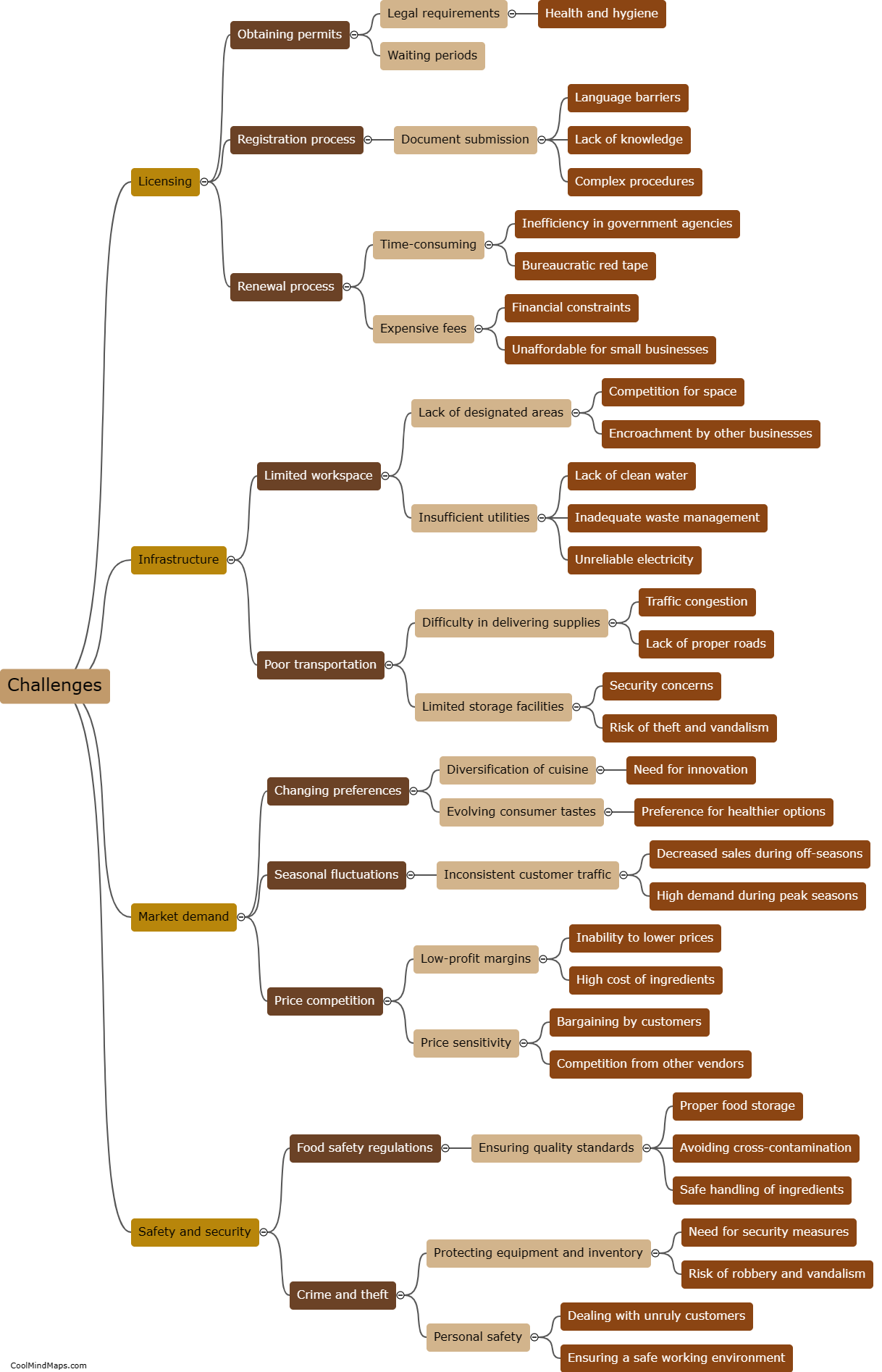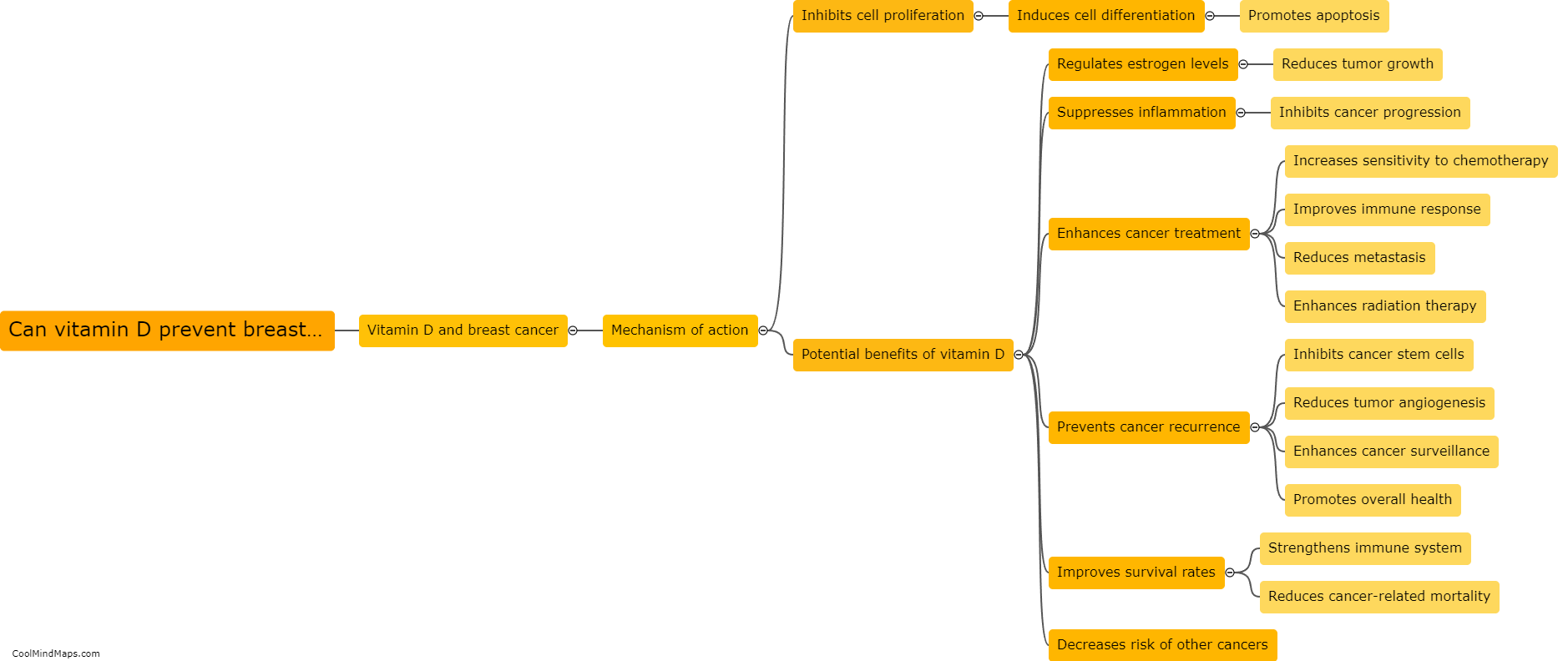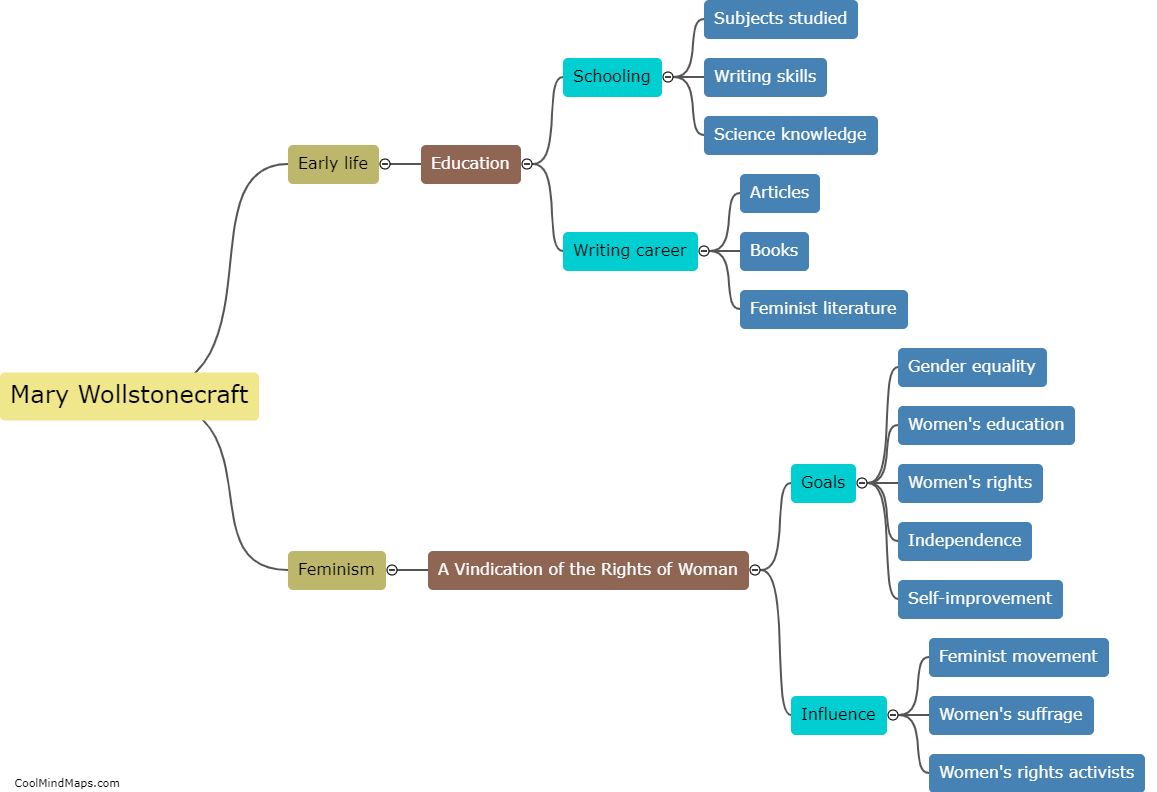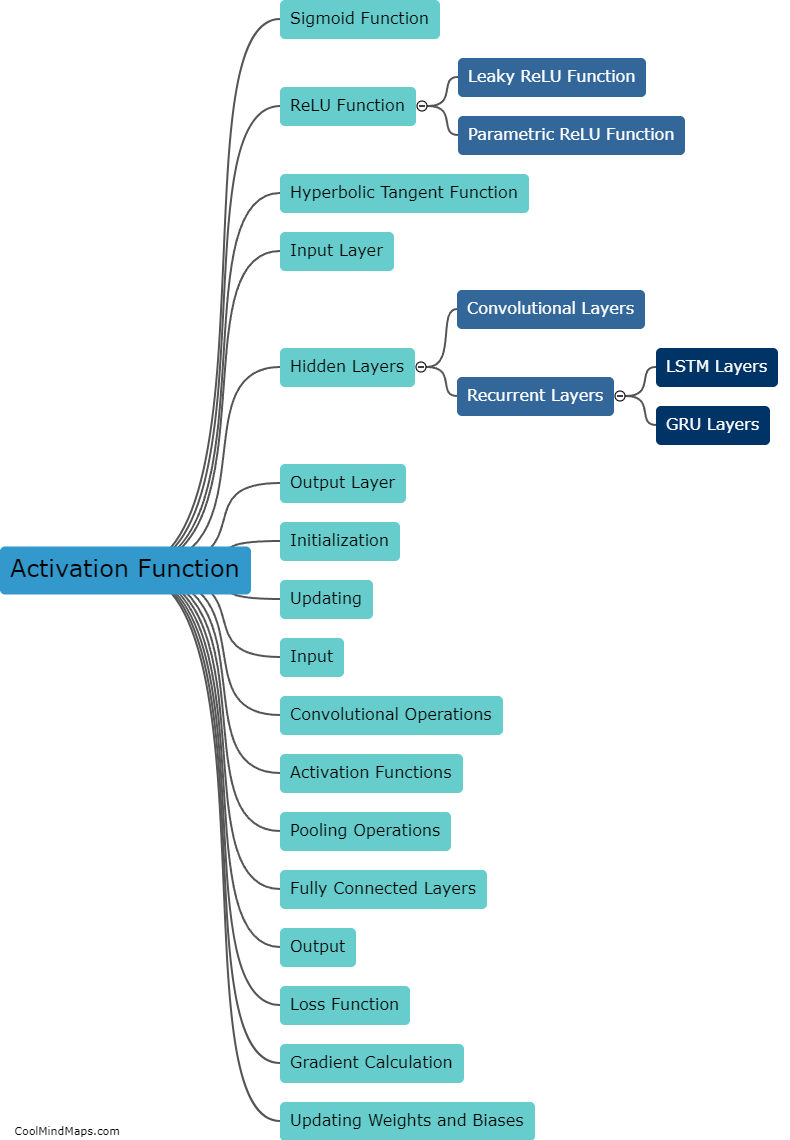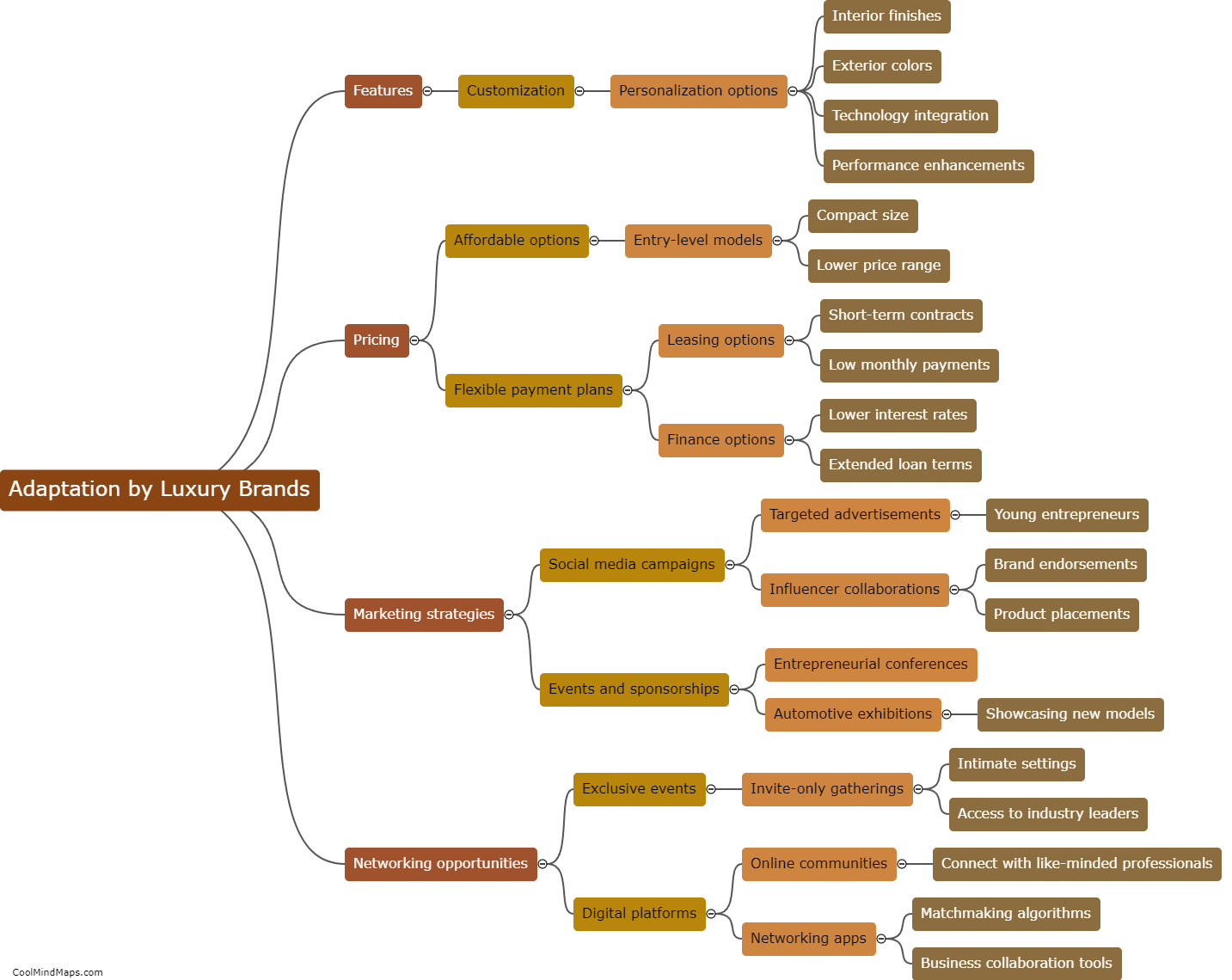What is a probability distribution?
A probability distribution is a mathematical function that describes the likelihood of different outcomes occurring in a particular random event or experiment. It provides a systematic way of assigning probabilities to all possible outcomes, allowing us to analyze and predict the chances of each outcome happening. The distribution could be discrete, meaning that the random variable takes on a finite or countably infinite set of values, or continuous, where the random variable can take any value within a specified interval. Common probability distributions include the normal distribution, binomial distribution, and Poisson distribution, each characterized by its own set of parameters and properties. Probability distributions are fundamental in statistics and probability theory, enabling researchers to study and make inferences about various phenomena in a quantitative and probabilistic manner.

This mind map was published on 11 October 2023 and has been viewed 100 times.
